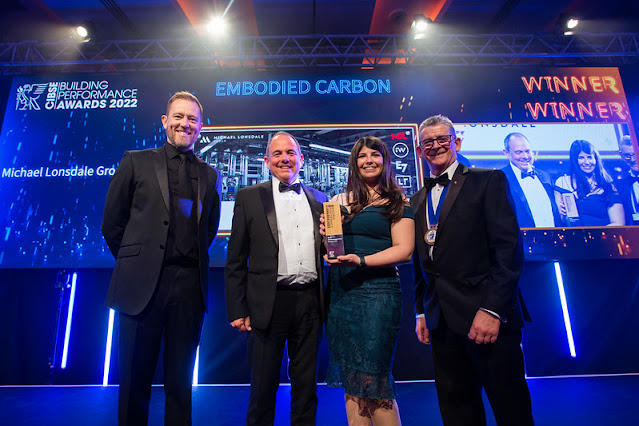David Butler, the Design of Ductwork Systems trainer
Full name: David Butler
Area of expertise: HVAC Engineering (currently delivering Ductwork Design training)
CIBSE Trainer since: 2021
Tell us a little about yourself
I have recently retired from full time work at BRE (Building Research Establishment). I led a small team of HVAC specialists involved in designing and undertaking of physical mock-up tests, laboratory testing, site investigations and research and consultancy on the performance of building conditioning systems. This involved a range of practical problem solving and investigative skills covering conventional HVAC systems, including air supply and distribution, low energy and passive systems and heat pumps.
Throughout my BRE career there was a continuous thread of dissemination of research and test information and knowledge through written reports and publications and oral presentations at seminars and conferences, including a fair number of CIBSE events.
Two of the most demanding but interesting projects I was involved with at BRE involved the design, construction and operation of an aircraft cabin simulator (based on an A300 cabin) and an underground train simulator (based on a 1980’s Jubilee Line carriage). These were to investigate ergonomics and comfort relating to overheating on the tube and air conditioning and noise/vibration in passenger aircraft. Both projects required unusual air supply and distribution solutions!
In my spare time I am a keen photographer and combine this with a love of travelling. I have also used my building services knowledge to help my children and other family members with a range of house improvements.
What made you become a CIBSE trainer?
The simple answer was that I was invited, but I guess my experience of speaking at seminars, workshops and conferences is something that also gets into your blood.
As a new trainer, what are you most looking forward to?
Whenever I have spoken at a seminar, workshop or conference I have always thought that it is the trainer or speaker’s job to explain things to the audience in the simplest and clearest way possible, and to inspire them in the subject. I think the challenge of doing this, is one of the things I look forward to the most.
What is your favourite part about your topic area?
Duct sizing, because this is based on practical engineering compromise between various design parameters, there is no single optimal solution that is suitable for all situations.
Why do you think that it’s important that building services professionals keep up with their professional development?
The challenges and threats to building services continuously evolve and change, for example terrorist threats, climate change, changing energy sources and supply, evolving building regulations and standards and virulent respiratory disease vectors etc. These are all reasons why building services professionals need to continuously keep up with their professional development.
If you could invest in research in your topic area, what would it be and why?
Building ventilation is crucial to the health of building occupants, including its role in tackling the impact of global warming, and more recently in the need to reduce the transmission of viruses and other pathogens that cause respiratory disease. Research in the area of air supply and ductwork design is needed to prevent the raising of ventilation rates from causing a large increase in energy use and carbon emissions.
If you could go back to your younger self when you started working in building services, what advice would you give yourself or would you try to change some of the decisions and actions done then?
A realisation that building services is as much an art as it is a science.
What would you tell someone who is just about to start or consider working in building services?
Building services are key to making buildings a healthy, comfortable and productive place to live or work. Climate change and the need to reduce carbon emissions will make the job of building services design more challenging but at the same time will give it an important role in ensuring buildings remain usable and economic to operate.


.png)


Comments
Post a Comment